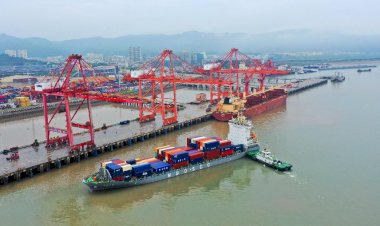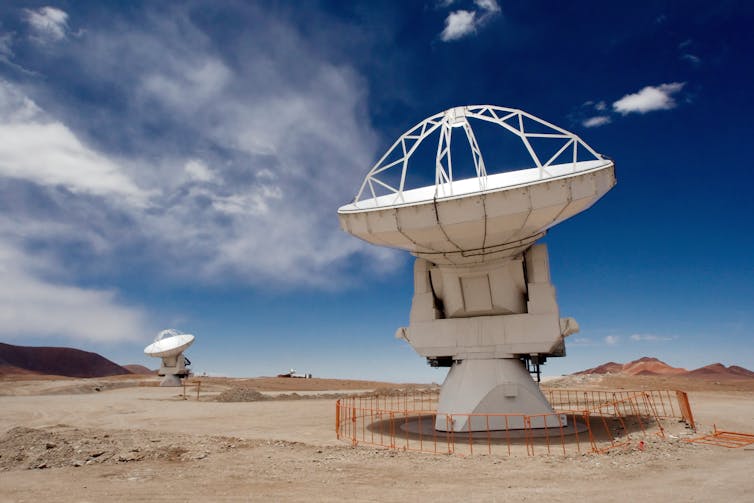Putin discusses Wagner rebellion with Qatar Emir, Iran President over phone
Russian President, Vladimir Putin, on Monday, discussed the aborted armed rebellion of the Wagner paramilitary group in separate phone talks with the Qatari Emir and Iranian President, Anadolu Agency reports

Estimated reading time: 3 minutes
In a statement on its website, the Kremlin said Qatari Emir, Sheikh Tamim bin Hamad Al-Thani, supported the Russian leadership against the rebellion during the phone talk with Putin, and the two leaders confirmed mutual interest in strengthening bilateral cooperation.
"The Qatari leader expressed support for the actions of the Russian leadership in connection with the events of 24 June," it said.
Putin also spoke about the 24 June uprising with Iranian President, Ebrahim Raisi, who vowed Tehran's solidarity with Russia as well.
The Kremlin said Putin congratulated Thani on the 10th anniversary of his accession to the throne and both the Qatari Emir and the Iranian President on the upcoming Muslim holiday of Eid Al-Adha.
Raisi, on his part, reaffirmed Iran's support for the national sovereignty of Russia following Wagner's rebellion.
Mohammad Jamshidi, the Iranian President's deputy Chief of Staff for political affairs, in a Twitter statement said the two officials discussed the developments in Russia and Raisi "emphasised the support of the Islamic Republic of Iran for the national sovereignty of Russia."
Putin, he noted, "provided explanations regarding the recent military uprising", referring to Wagner's fleeting showdown with Russia's civilian and military leadership, and said the incident "failed to challenge Russia's national sovereignty".
Earlier on Monday, at a weekly news conference, Iran's Foreign Ministry Spokesman, Nasser Kanaani, said Iranian Foreign Minister, Hossein Amirabdollahian, in a phone call with his Russian counterpart, Sergey Lavrov, on Sunday evening declared Iran's opposition to "foreign interference in the internal affairs" of other countries.
He also emphasised that the solution to the Ukrainian crisis is "political" and "through dialogue".
In a statement on Saturday, after Putin vowed "decisive action" against Wagner over "treason", Kanaani termed the developments in Russia an "internal matter" of the country, adding that Tehran "supports the rule of law" in Russia.
Iran is a key ally of Russia and has been accused by Western countries of supplying drones to Russia for use in the ongoing Moscow-Kyiv war which started in February 2022. Tehran, however, has refuted the claims repeatedly, saying it is opposed to the war in Ukraine and in favour of the two warring sides ending long-running hostilities through dialogue.
Wagner's armed rebellion
On 24 June, the paramilitary Wagner group accused Russian forces of attacking its fighters and crossed from Ukraine into the Russian city of Rostov-on-Don "to retaliate".
The Federal Security Service in Russia qualified Wagner's actions as "an armed rebellion" and opened a criminal case, while Russian President Vladimir Putin called Wagner's uprising an act of "treason".
On 25 June, Wagner head, Yevgeny Prigozhin, and his fighters decided to turn back "to avoid bloodshed" when they were 200 kilometres (124 miles) from Moscow.
Belarusian President, Alexander Lukashenko, said he contributed to the settlement by holding talks with the Wagner head, which led to Prigozhin's decision to accept a de-escalation deal.
Source: Middle East Monitor under CC BY-NC-SA 4.0
What's Your Reaction?
























